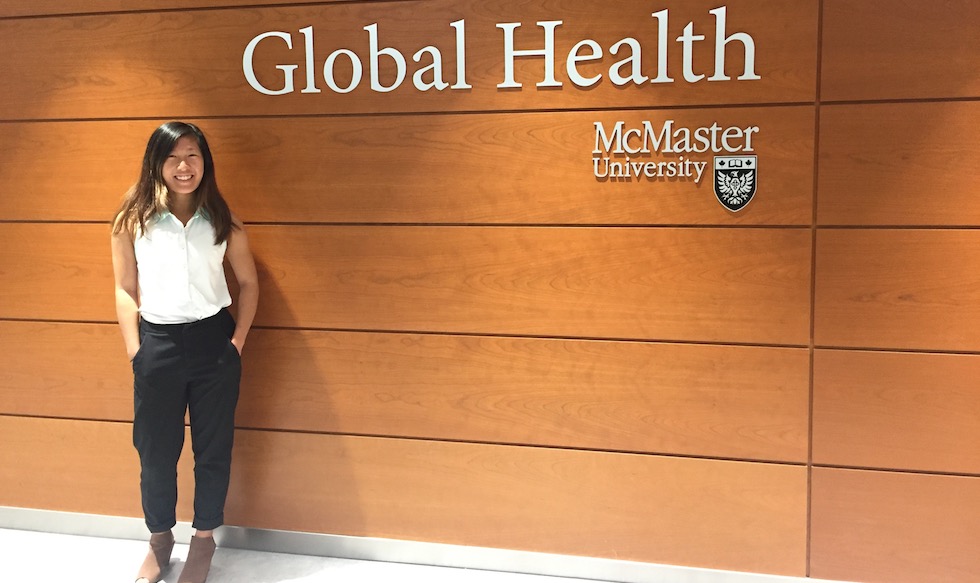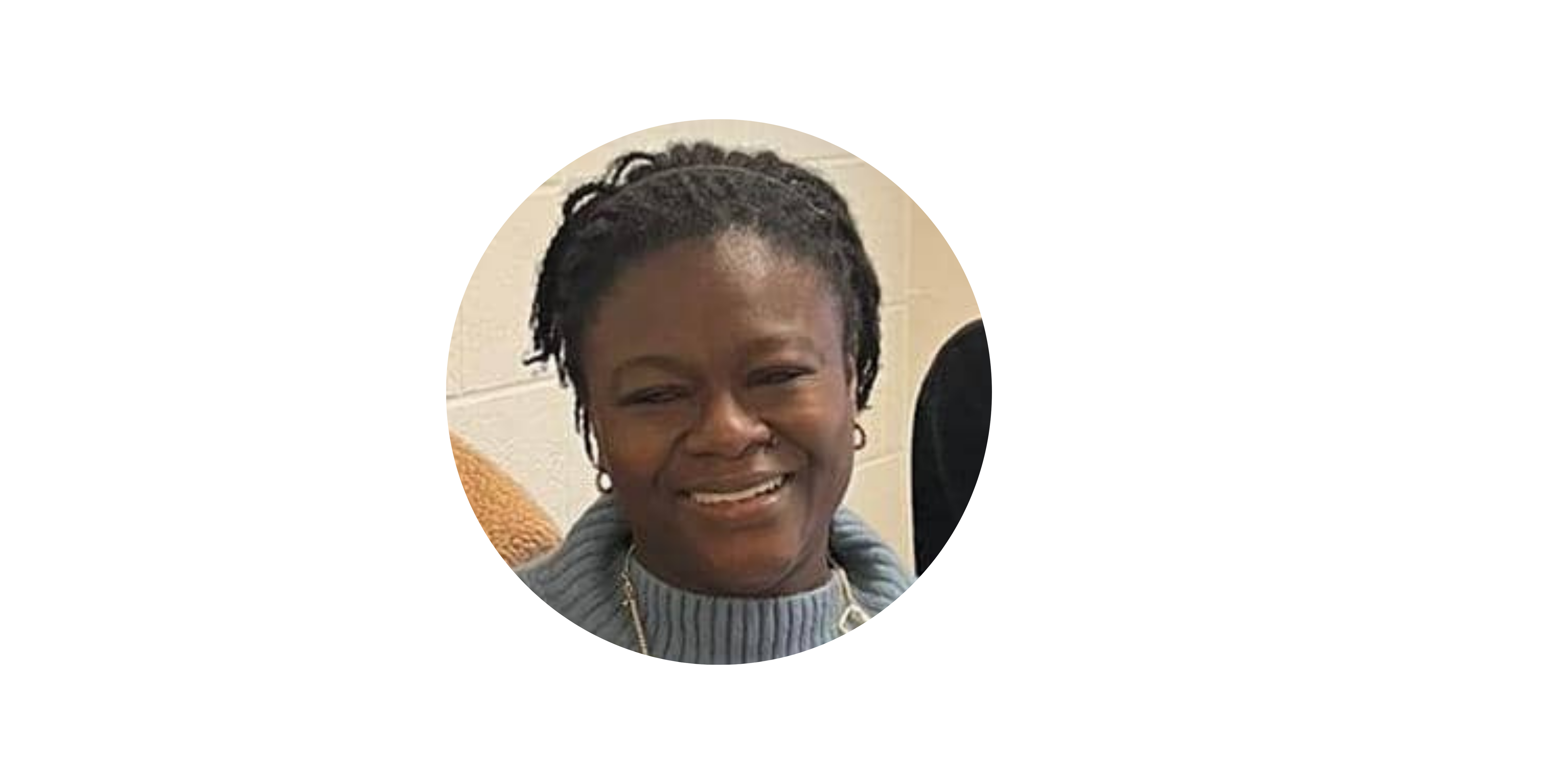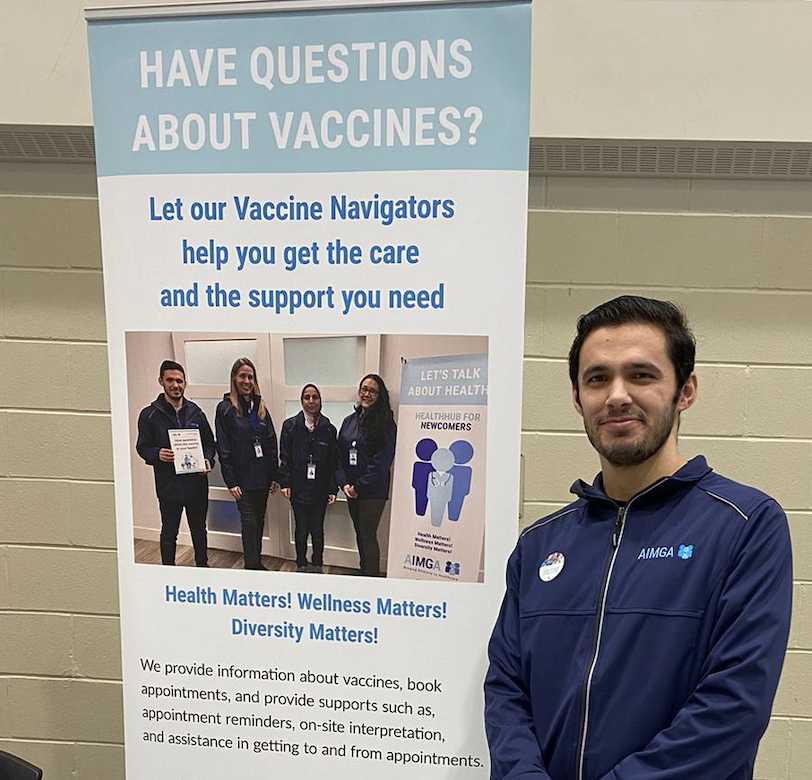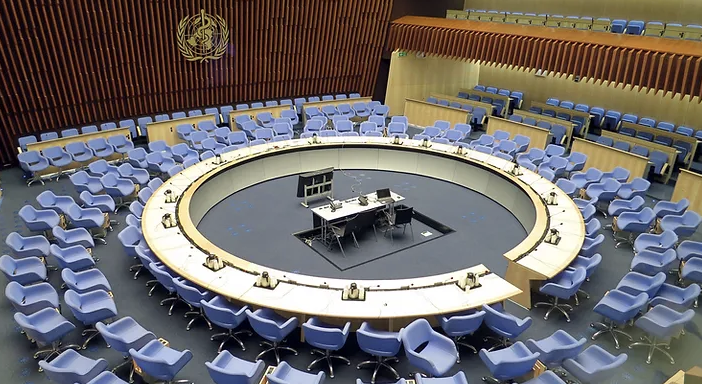Convocation spotlight: Meet recent Alumna Nina Huynh

How do you hope to make a difference in the world of global health? Any advice for current or future students? Meet Nina Huynh, who convocated last week with a Master of Science in Global Health.
1. What’s your name?
Nina Huynh
2. Where is your hometown?
Winnipeg, Manitoba
3. What’s your academic background?
I did my undergrad at the University of Manitoba, where I did a Bachelor of Science, majoring in Genetics
4. Why did you choose McMaster for your graduate studies?
In my last year of my undergraduate degree, I had the opportunity to do an internship abroad with the World University Services of Canada in Vietnam. It was a mind-opening experience that allowed me to find my passion for global health. I witnessed local Vietnamese people facing a lack of access to resources and knowledge as a result of poor healthcare policies.
From then on, I was determined to make a difference through small, yet meaningful changes to enhance the quality of life of others through capacity building. I met someone who graduated from the Global Health program by chance who said I should apply based on my current interest. After some research, I found that McMaster’s program was a perfect fit for me as it strived for interdisciplinary collaboration and focused on student-centered problem based learning.
4. What will you be doing after graduation or what do you see yourself doing?
My goal is to become an infection prevention and control specialist, as I’d like to play a role in establishing policies to mitigate the spread of infection.
6. How did the Global Health program prepare you for your future career?
Coming from a science background, I was focused on elements at a micro-level. But the Global Health program challenged me to question the universal standard and to develop a deeper understanding – at a macro level – of how the flow of globalization affects healthcare, education, policies and politics worldwide. The program allowed me to further consolidate my skills and apply them in new ways through intellectual conversations with my supervisors and fellow classmates.
7. Describe your field practicum experience
I did my internship with Dr. Mark Loeb at McMaster University, a well-known scholar in the field of infectious disease. I was so fortunate to have the opportunity to act as the primary investigator in a systematic analysis where I analyzed the quality of Ebola outbreak reports in African during the 2014 pandemic. This was my first time conducting this type of research and I learned a lot about data collection, statistical analysis, and the importance of using critical appraisal tools to improve the clarity of research.
From the research I conducted, we realized that the overall quality of Ebola outbreak reports were poorly reported and critical information was missing. So it’s recommended that the scientific community place a greater emphasis on using standard guidelines that are tailored towards outbreak reports to analyze the quality of research. It’s also exciting that the publication I drafted is in review for a journal, and I’m hoping it will be published next year.
7. What was the most interesting or rewarding part of your experience in the program?
Attending the student symposium in India was my favourite memory – in particular visiting the virology lab at Manipal University. It was amazing to see students from different backgrounds and paths of life come together with a common goal of preventing individuals from suffering from a treatable or preventable disease. I was impressed with the diligence of the virology lab’s employees, in encouraging doctors and private hospitals to report diseases to mitigate the spread. For example, one strategy they use is to give financial incentives for doctors who report diseases to the government.
9. How do you hope to make a difference in the world of global health?
I hope as an infection prevention and control specialist, I would be able to decrease the burden of disease through developing policies or ensuring current practices are being followed in a workplace. As pathogen outbreaks unfortunately won’t be eradicated any time soon, it’s crucial that we have the necessary steps in place to manage future outbreaks.
10. Any advice for current or future students?
My advice is to have confidence in your abilities. Throughout the program you gain various skills subconsciously that are highly transferable in multiple career goals, so be sure to leverage those skills. For current students: Take advantage of all the opportunities the Global Health program has to offer in terms of networking events, exchanges, and having intellectual conversations with guest lecturers.
Student and Alumni Profiles
Related News
News Listing

PhD Student Tackling Intimate Partner Violence in Resource-Constrained Settings Receives an IDRC Doctoral Research Award
Student and Alumni Profiles
February 28, 2024

From Adversity to Aspiration — Yasir Essar’s Global Health Journey
Global Health News, Student and Alumni Profiles
January 29, 2024

